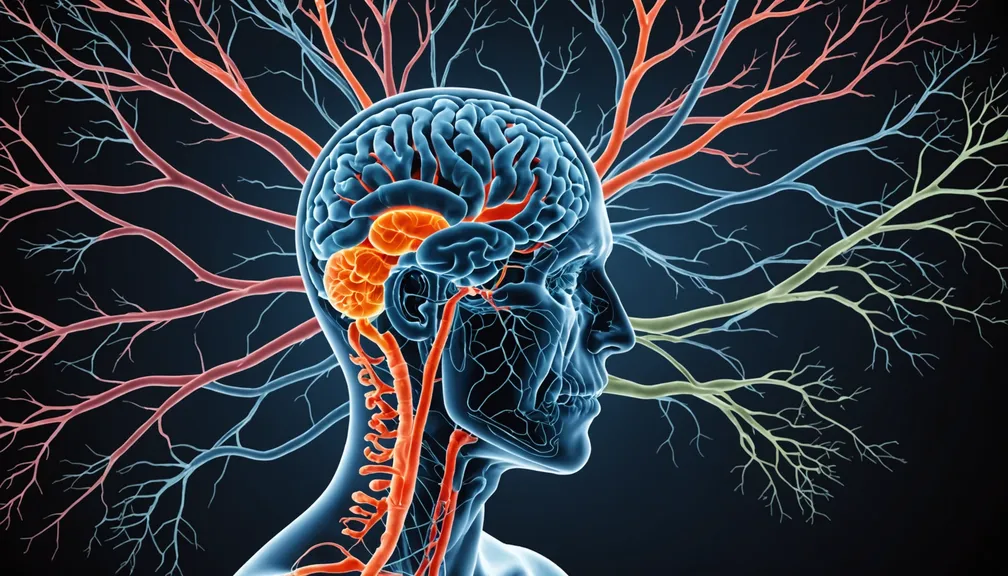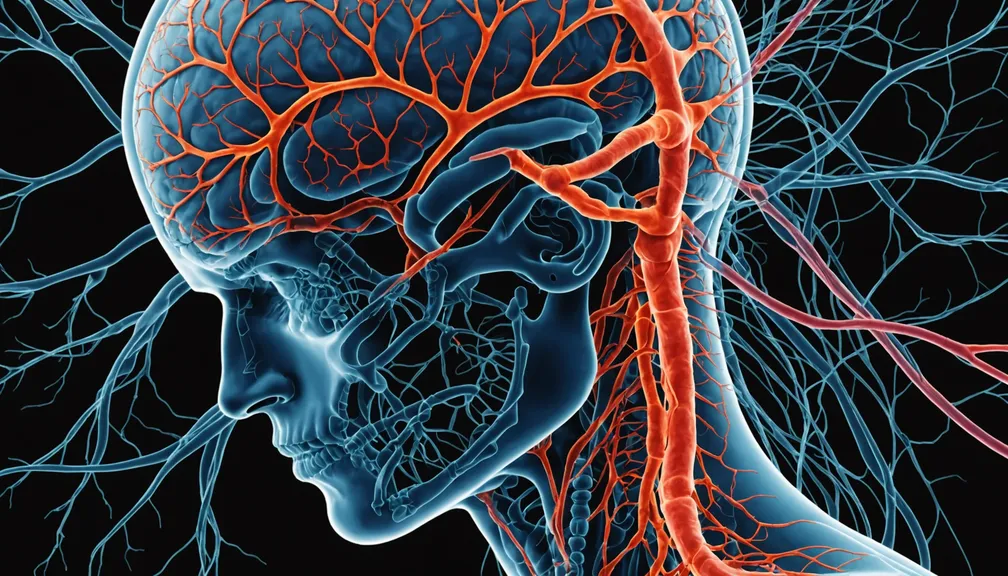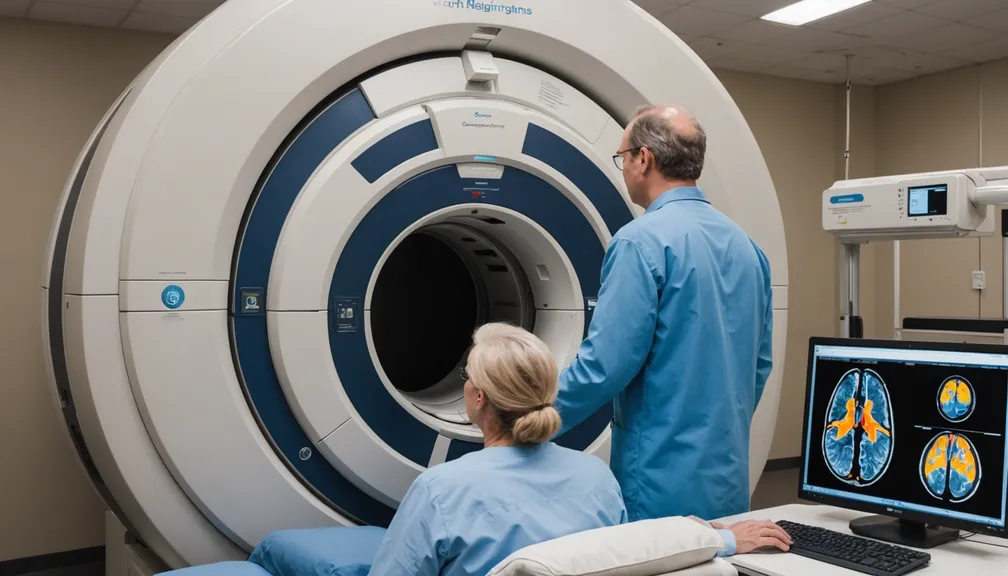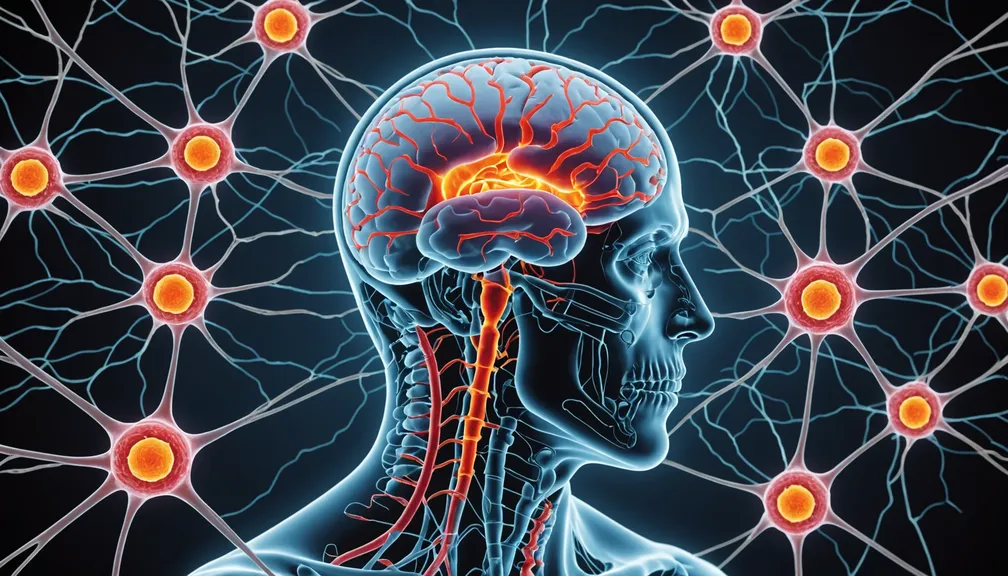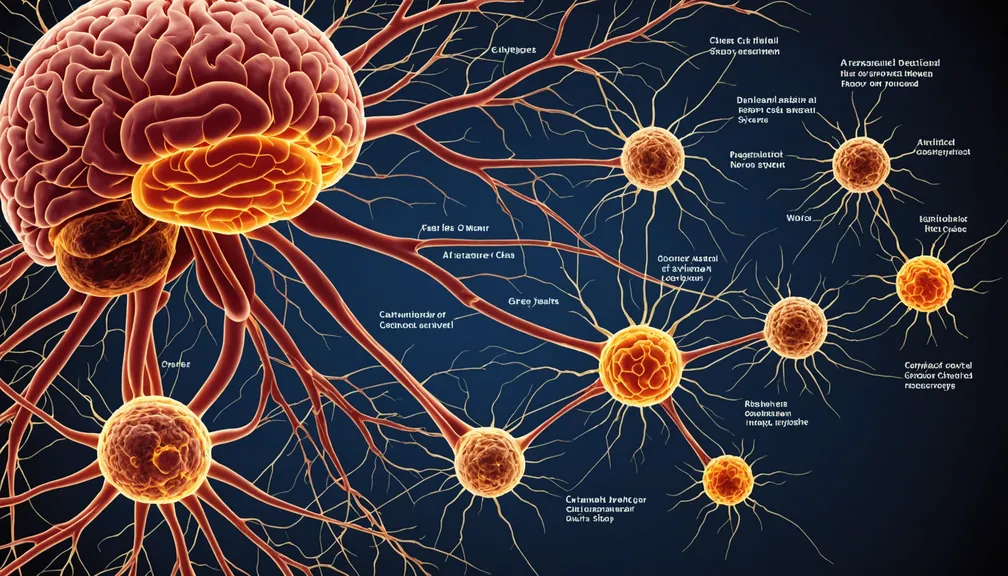Surgery
What is Surgery?
Surgery is a common treatment option for rare cancers of the nervous system. It involves removing as much of the tumor as possible. The goal is to eliminate cancerous cells and reduce pressure on surrounding brain or spinal tissue.
Types of Surgical Procedures
- Craniotomy: Removing a part of the skull to access a brain tumor.
- Laminectomy: Removing a portion of the vertebrae to access spinal cord tumors.
- Biopsy: Taking a small tissue sample to diagnose the type of cancer.
What to Expect During Surgery
- Preparation: You may need to undergo various tests, such as imaging scans, before surgery.
- Anesthesia: Surgery is performed under general anesthesia, so you will be asleep and pain-free during the procedure.
- Recovery: Post-surgery, you will spend some time in the hospital to recover. Physical therapy may be needed to regain strength and mobility.
Potential Risks and Side Effects
- Infection: As with any surgery, there is a risk of infection.
- Bleeding: Some bleeding is normal, but excessive bleeding may require further intervention.
- Neurological Effects: Depending on the tumor's location, surgery may affect cognitive or motor functions.
Benefits of Surgery
- Immediate Tumor Removal: Can quickly reduce tumor size and alleviate symptoms.
- Diagnosis Confirmation: Provides tissue samples for accurate diagnosis.
Radiation Therapy
What is Radiation Therapy?
Radiation therapy uses high-energy rays to target and kill cancer cells. It is often used after surgery to eliminate any remaining cancer cells or as a primary treatment when surgery isn't possible.
Types of Radiation Therapy
- External Beam Radiation: Directs radiation at the tumor from outside the body.
- Stereotactic Radiosurgery (SRS): Delivers precise, high-dose radiation to a specific area, minimizing damage to surrounding tissue.
- Proton Therapy: Uses protons instead of traditional X-rays to treat cancer, potentially reducing side effects.
How Radiation Therapy is Administered
- Planning: Detailed imaging scans help plan the exact location and dosage of radiation.
- Treatment Sessions: Typically administered five days a week over several weeks.
- Duration: Each session usually lasts a few minutes, but the overall treatment course depends on the specific case.
Potential Side Effects
- Fatigue: Feeling tired is common during and after radiation therapy.
- Skin Changes: The treated area may become red, irritated, or tender.
- Hair Loss: May occur in the area being treated.
- Neurological Effects: Possible changes in cognitive or motor functions, depending on the treatment area.
Benefits of Radiation Therapy
- Targeted Treatment: Can focus on specific areas, sparing healthy tissue.
- Non-Invasive: No surgical procedures are involved.
- Complementary Therapy: Often used alongside surgery and chemotherapy for a comprehensive treatment approach.
Chemotherapy
What is Chemotherapy?
Chemotherapy involves using powerful drugs to kill cancer cells or stop them from growing. It can be administered orally or through injections and is commonly used in combination with surgery and radiation.
How Chemotherapy Works
- Systemic Treatment: Chemotherapy travels through the bloodstream, reaching cancer cells throughout the body.
- Cell Division Inhibition: The drugs interfere with the cancer cells' ability to divide and grow.
Administration Methods
- Intravenous (IV) Infusion: Delivered directly into a vein.
- Oral Medications: Taken by mouth in pill or liquid form.
- Injection: Administered through a direct injection into a muscle or under the skin.
Potential Side Effects
- Fatigue: A common side effect that can last throughout treatment.
- Nausea and Vomiting: Managed with anti-nausea medications.
- Hair Loss: Temporary hair thinning or loss may occur.
- Increased Infection Risk: Chemotherapy can lower your immune system's effectiveness.
Managing Side Effects
- Healthy Diet: Eating nutritious foods can help maintain strength and energy.
- Hydration: Staying well-hydrated helps manage some side effects.
- Rest: Ensuring adequate rest and sleep supports the body during treatment.
Benefits of Chemotherapy
- Systemic Treatment: Effective in targeting cancer cells that may have spread beyond the primary location.
- Combination Therapy: Enhances the effectiveness of surgery and radiation.
- Personalized Treatment Plans: Dosages and schedules can be tailored to individual needs.
Specialized Healthcare Professionals
Oncologist
- A doctor specializing in cancer treatment, managing chemotherapy and coordinating overall care.
Neurosurgeon
- A surgeon specializing in operations on the brain, spinal cord, and peripheral nerves.
Radiation Oncologist
- A doctor who plans and oversees radiation therapy treatments.
Neuro-Oncologist
- Combines neurology and oncology expertise to treat nervous system cancers.
Nurse Navigator
- Assists patients in coordinating care, managing appointments, and providing support throughout treatment.
Physical Therapist
- Helps patients regain strength and mobility after surgery or during treatment.
Psychologist or Counselor
- Provides emotional support and coping strategies for patients and their families.
Nutritionist
- Offers dietary guidance to maintain health and manage side effects during treatment.
Collaborative Care for Best Outcomes
Treating rare cancers of the nervous system often requires a multidisciplinary approach. Working with a team of specialized healthcare professionals ensures comprehensive care tailored to each patient's unique needs.
This lesson aims to provide a clear understanding of the primary treatment options for rare cancers of the nervous system. Always consult with your healthcare team to determine the best treatment plan for your specific situation.
